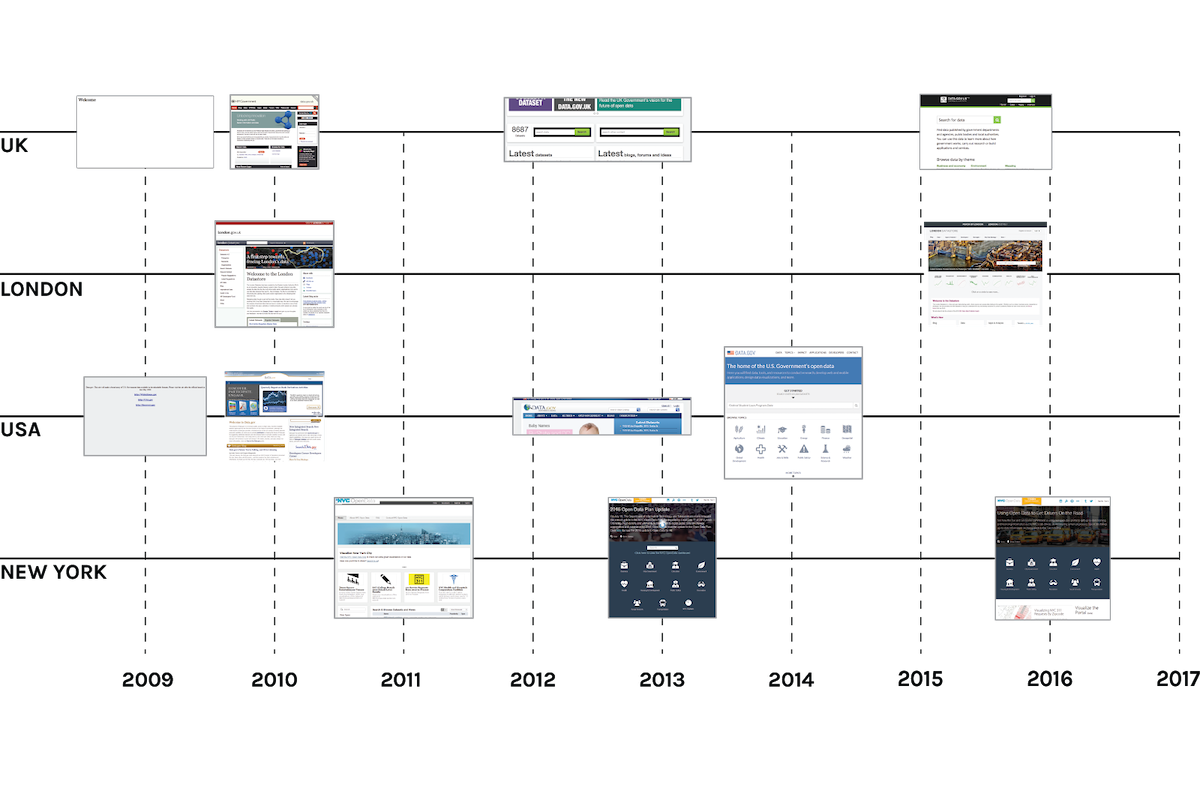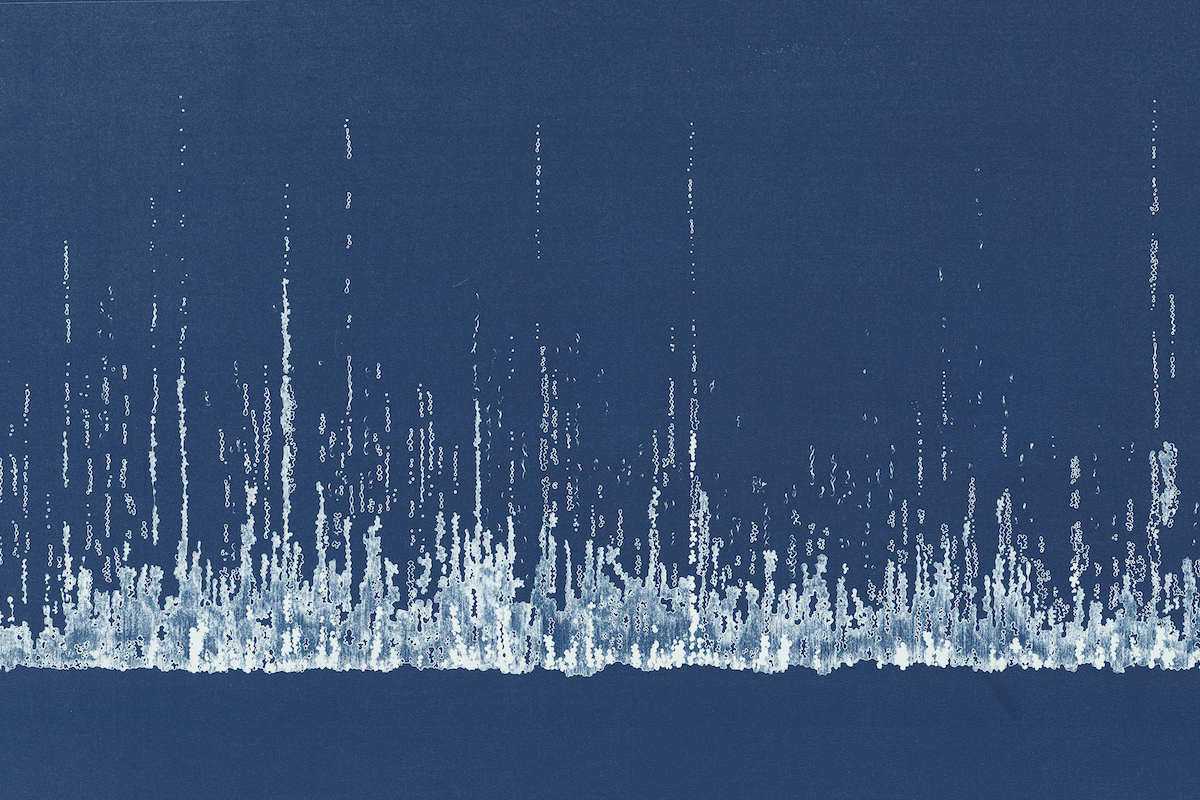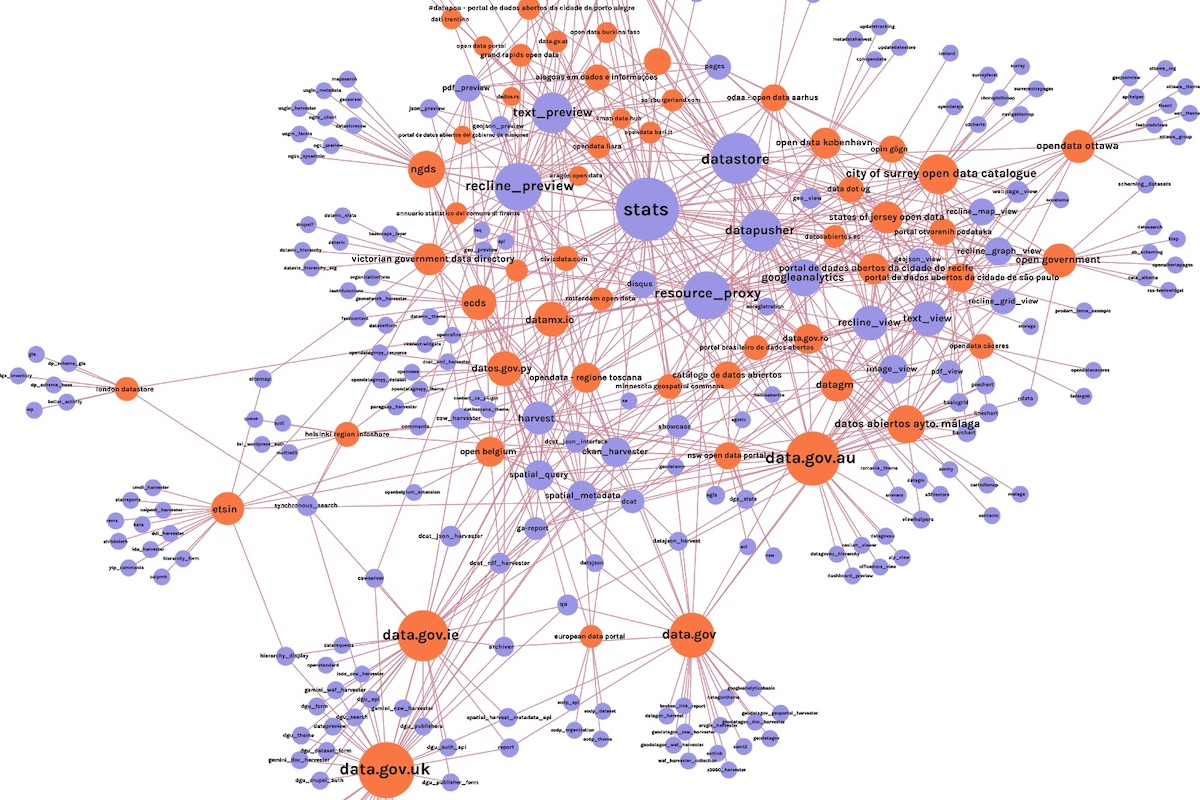This project explores the assembly of a global, open-source database on the economic activities and tax contributions of multinational corporations. In particular it examines how prototyping may serve as a speculative method to not only gather information from diverse sources, but also to engage with organisations, groups and communities who are concerned or affected by this issue, to materialise the problem of corporate tax avoidance and to suggest other ways of organising economic life.
The project is undertaken together with the Open Data for Tax Justice (#OD4TJ) network and builds on the What Do They Pay? report. If you’re interested in contributing or finding out more, you can get in touch on this address.

The United Nations has suggested the need for a “data revolution” to address urgent transnational issues such as climate change and inequality. It has endorsed not only improving national statistical data collection, but also opening public sector data up for broader societal re-use, as well as exploring the capacities of emerging forms of digital data, infrastructures and devices in understanding and responding to public problems.
Over the past decade, open data and civic tech initiatives around the world have been set up to promote the re-use of public data for participation and involvement; citizens are gathering their own data on air, soil and biodiversity; and journalists and activists are increasingly using and creating data to support their investigations and campaigns around economic, racial and ecological justice.
What do public data projects do? How do they invite and enable participation and action, and to what end? How can they be studied? How can we critically engage with their histories, social lives and politics? How might studies of these kinds of projects lead to modifications in data practice?
The Field Guide to Public Data Projects explores methods and approaches for finding, following, gathering and comparing different kinds of projects involving public data – from data portals to data communities, sensing practices to mobile apps.
Exploratory research for this project is being developed with support from the King’s Undergraduate Research Fellowship (KURF) scheme at King’s College London.

A collaboration with the European Forest Institute to explore forest governance and the changing role of forests in society according to web and social media data.
The project explores how the 2019 Amazon forest fires were addressed and accounted for through a series of analyses using online data from digital platforms including Twitter, Facebook, Google, Instagram, and Youtube. For further details see:
- Out of the Flames – project website and report with the European Forest Institute
- Colombo, G., Bounegru, L., & Gray, J. (2023). Visual Models for Social Media Image Analysis: Groupings, Engagement, Trends, and Rankings. International Journal Of Communication, 17, 28. Retrieved from https://ijoc.org/index.php/ijoc/article/view/18971
- Gray, J. W. Y., Bounegru, L., & Colombo, G. (2024). #AmazonFires and the online composition of forest politics. In J. Turnbull, A. Searle, H. Anderson-Elliot, & E. H. Giraud (Eds.), Digital Ecologies: Mediating More-Than-Human Worlds. Manchester, UK: Manchester University Press.

How can we sense and make sense of forests with devices, techniques and our bodies? How might we cultivate an interdisciplinary “arts of noticing” (Tsing) for attending to forests and their role in critical zones?
Engaging with themes in the Critical Zones exhibition and catalogue curated by Bruno Latour and Peter Weibel, this project explores different ways of listening to forests, drawing on different traditions, techniques, methods, media and approaches – from “Shinrin Yoku” (forest bathing) to sensing devices, data sonification to sound walks and storytelling.
The project includes a public workshop with ZKM as part of the Critical Zones exhibition to explore and compare different approaches and the possibilities and limits of forest experiences under current sensing conditions between immediacy and mediation.
For more on the use of digital data and devices to cultivate sensibilities towards trees and forests, see the Critical Zones field book and catalogue, including this chapter on “The Datafication of Forests”.
Image: Sound Sketch – Forest Rain – Liz K. Miller
How does the Public Data Lab operate? How does it engage with various actors, groups and publics? What kinds of infrastructures does it need in place in order to supports its activities? This project involves supporting and taking caring of the means through which the Public Data Lab and its projects and collaborations are materially organised, including its tools, servers, websites, blogs, mailing lists, channels and other materials.
You can find code for various Public Data Lab projects on Github.
What do data portals do? This initiative explores digital methods and approaches for studying data portals as online devices.
This includes gathering an international research group on data portal studies, as well as developing a prototype tool and open source software library for repurposing data portal metadata in order to examine public sector datafication and the configuration of portals as sites of participation around public data.
There is a repository, package and documentation for the prototype tool.
For further background on this project see here and:





